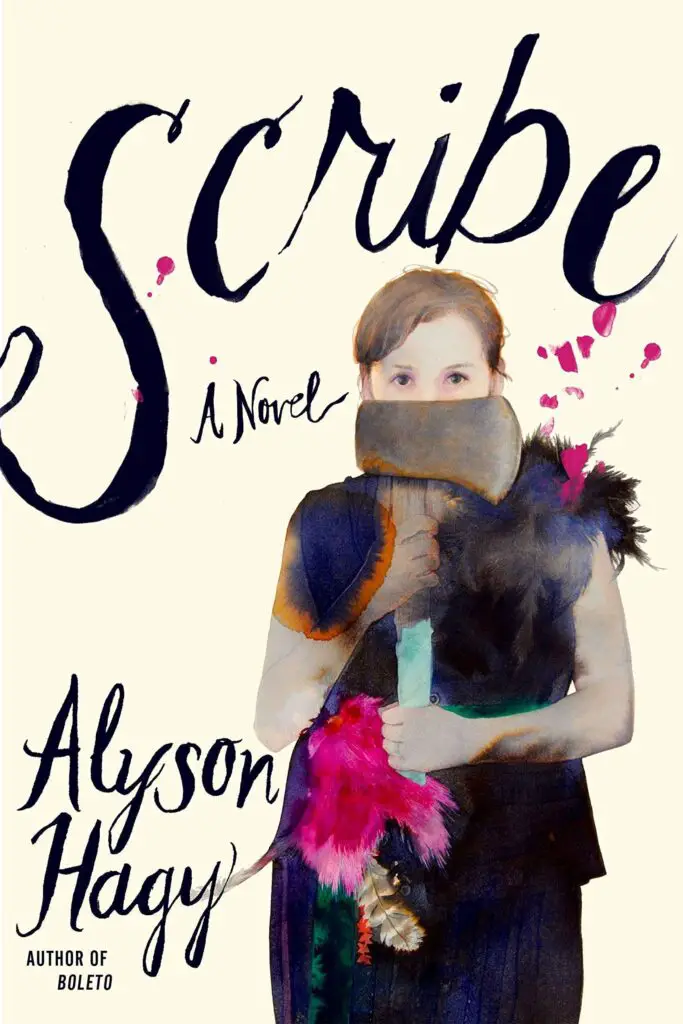Scribe by Alyson Hagy
Alyson Hagy’s 2018 novel Scribe feels both post-apocalyptic and steeped in

Appalachian folklore. The world in which it evolves is a brutal one, stripped thin by war and disease. The main character is one of the few who can still both read and
So revered was her sister’s reputation that even after her death, those seeking aid had erected a cairn at the edge of their land, and the “Uninvited” would still come and set up camp at the lingering power that resided there. Wracked with unexplained guilt at her sister’s passing, the woman allows the migrants to stay, trading with them for essentials such as firewood and for an uneasy companionship, and shielding them as she can from the “take or be taken” mentality of the surrounding countryside.
Then a man comes to her, asking for a letter that both intrigues and repels her. She gives him a nearly impossible task to accomplish before she will even consider agreeing to his request, but when he does so, she knows she must uphold her part of the bargain despite the sense that the delivery of the letter will come at a great price, to both the man, and to herself.
Scribe is a beautifully written book; even the violence – and there is violence stippled throughout – is as lyrical as it is succinct and unapologetic. The story unfolds quickly, as lean yet practically sensuous as the world itself, and the themes that the narrative embraces are as basic as life itself, even as barren as it is. At the heart of it all, beyond the sense of self and the struggle to survive, is love. Love – between a man and a woman, between sisters, between an adult and a precocious child – is something that can be muted but not be stomped out, even in the bitterest of circumstance. And although the price of that love can be heartbreaking, Alyson Hagy is able to spin a tale that makes even the meager touch of that love to be worth the pain.
—Sharon Browning

